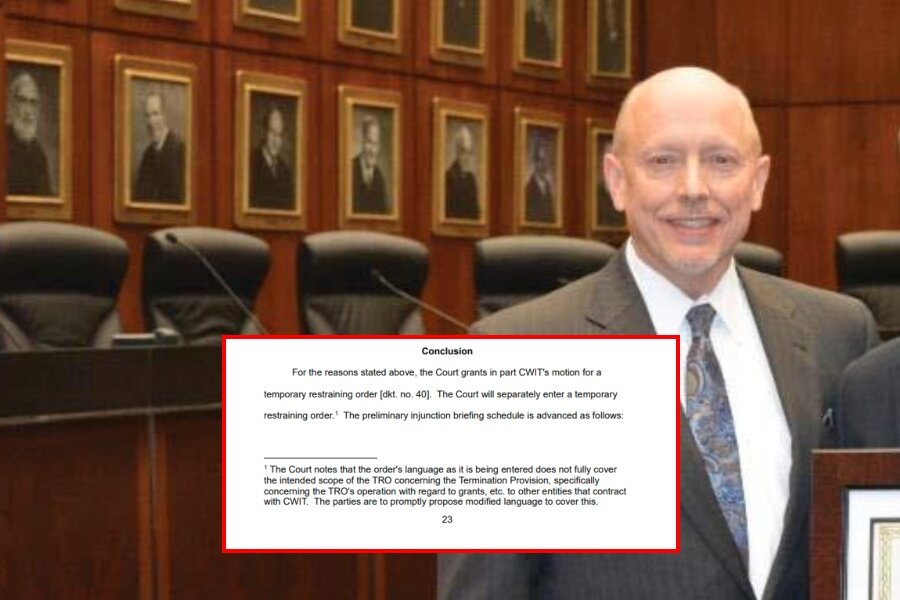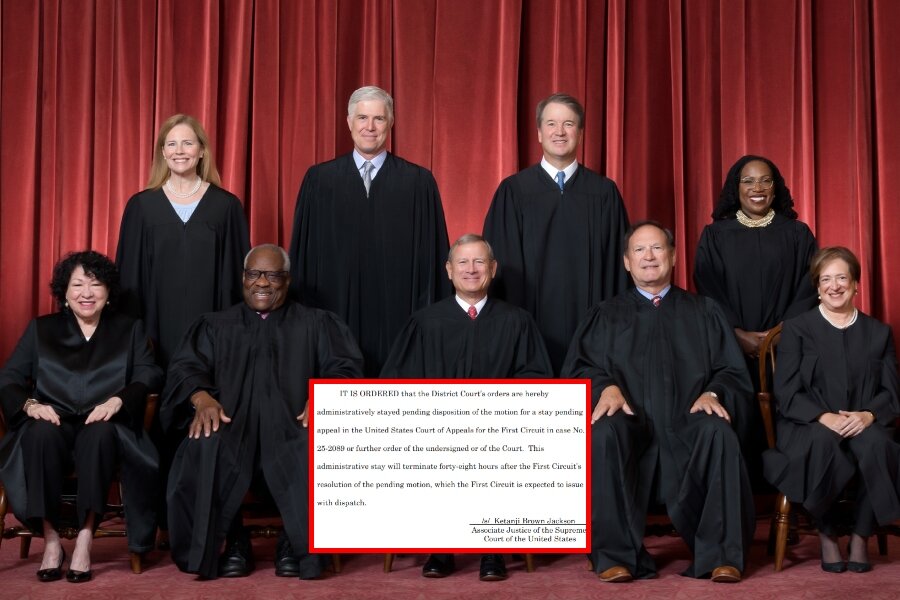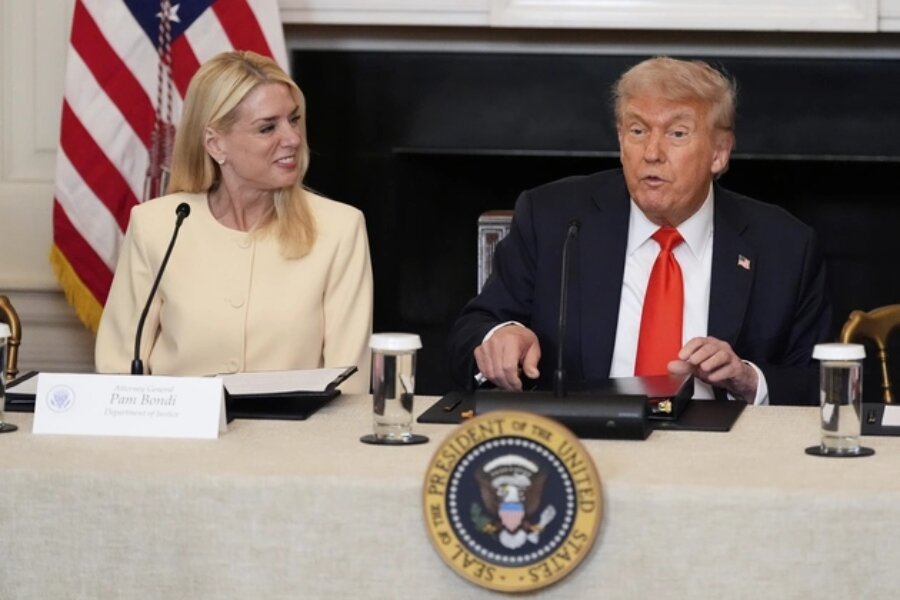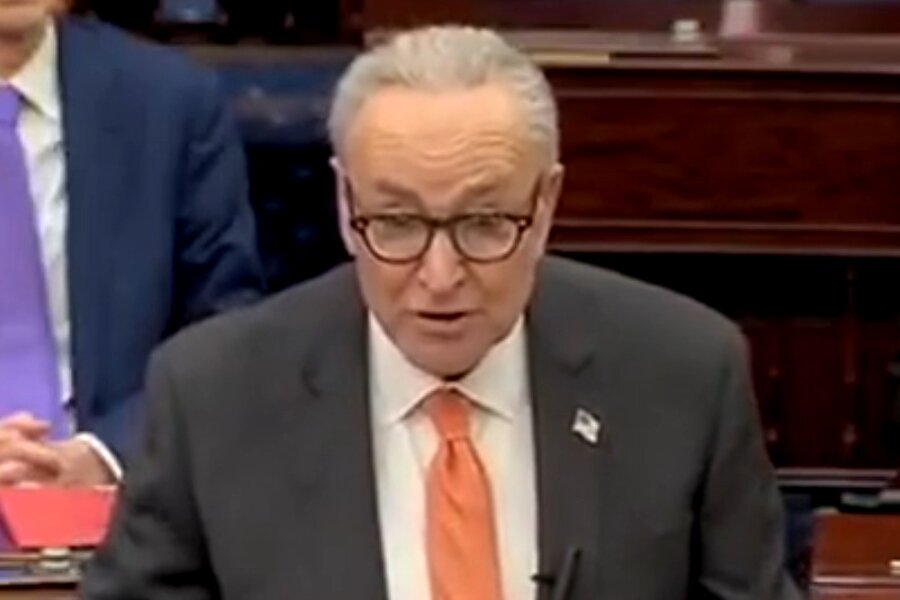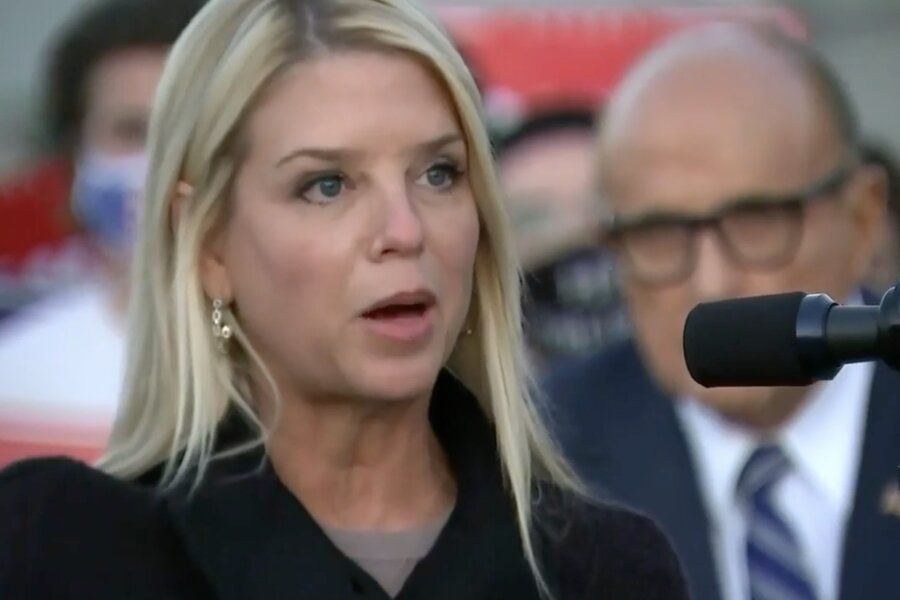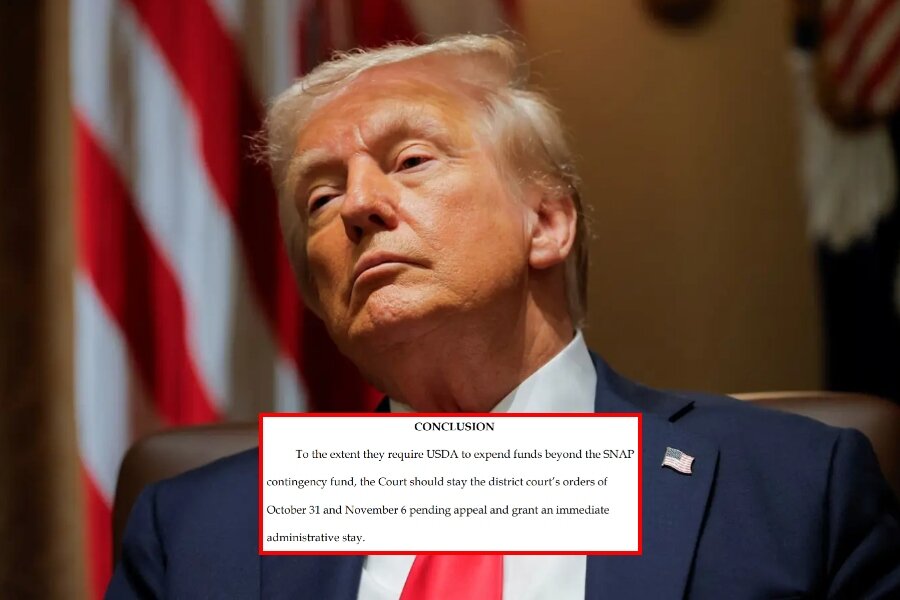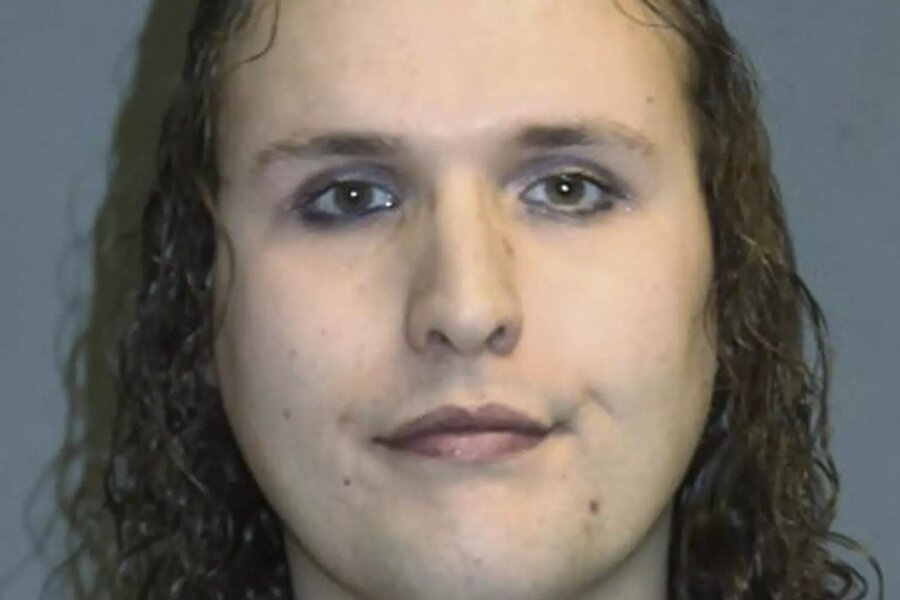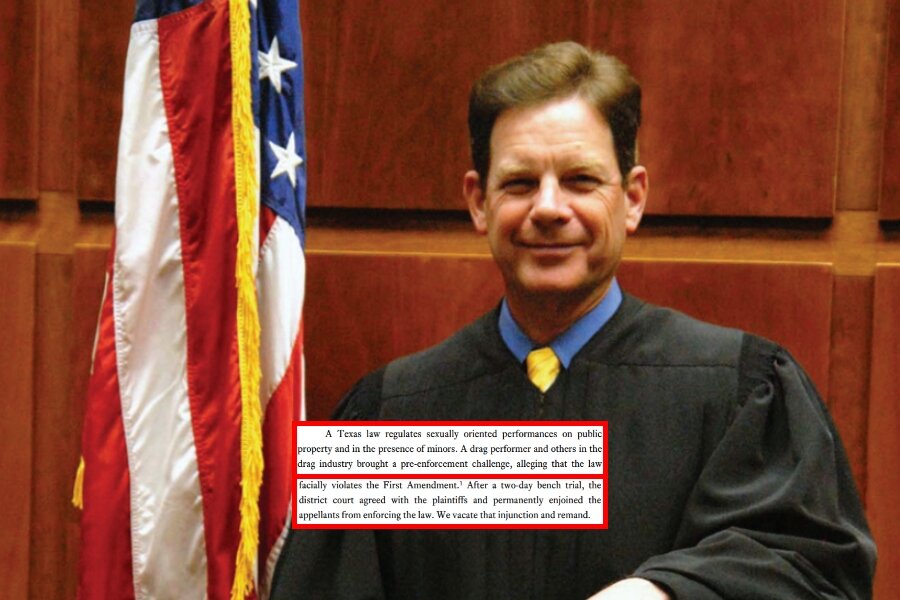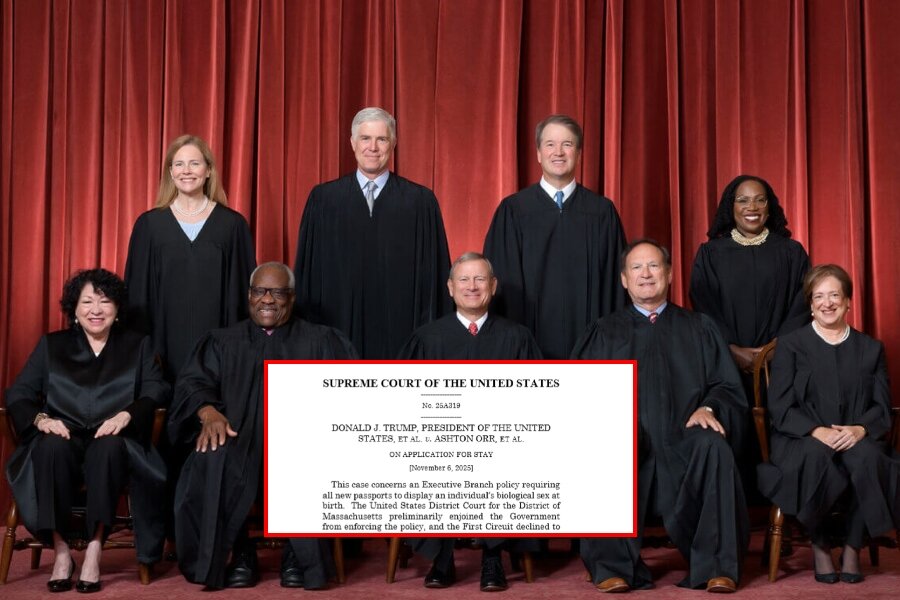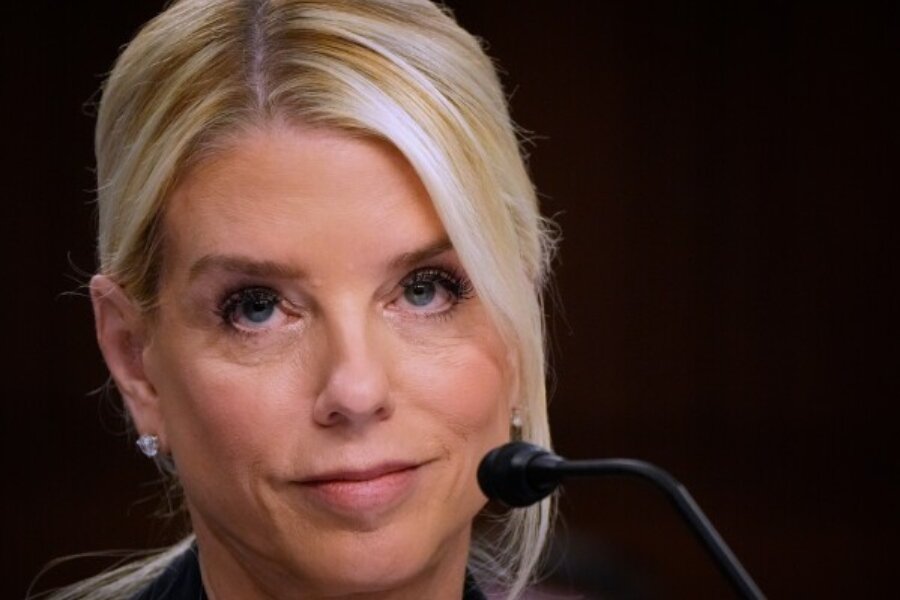A federal judge on March 27 temporarily blocked the U.S. Labor Department from enforcing parts of President Donald Trump’s executive orders aimed at curbing diversity, equity, and inclusion (DEI) programs among federal contractors and grant recipients.
In an order handed down by Judge Matthew Kennelly of the U.S. District Court for the Northern District of Illinois, the department was banned for two weeks from requiring all grantees to certify that they do not operate such programs in violation of Trump’s executive orders.
In the meantime, the judge said he would consider a longer-lasting injunction against the measure.
Trump has signed multiple executive orders since January, including order 14151, which directs federal agencies to terminate all DEI-related programs, as well as “equity-related” grants and contracts, and 14173, which states that federal grant recipients must certify that they do not operate programs that promote DEI initiatives.
Under the latter order, failure to certify could leave the grantee liable to pay various penalties under the False Claims Act.
Kennelly’s ruling was in response to a lawsuit filed in February by Chicago Women in Trades (CWIT), a nonprofit organization founded in 1981 that works to increase the number of women in the skilled trades and other blue-collar occupations.
According to the lawsuit, CWIT receives federal funding through five federal programs that are directly affected by Trump’s anti-DEI executive orders, and approximately 70 percent of participants in its programs identify as black or Latina.
The lawsuit argues that Trump’s executive orders targeting DEI are so “broad” and “vague” that CWIT does not know whether the administration considers its work to be illegal or not.
It further argues that the requirement that grant recipients certify they do not operate any DEI programs is a violation of free speech rights.
The lawsuit asks the court to declare Trump’s anti-DEI orders unlawful and unconstitutional and seeks a preliminary injunction to stop their future enforcement.
In handing down his ruling, Kennelly said CWIT was likely to succeed in its arguments.
“The Order that contains the Certification Provision does not define the term ‘DEI’ itself, and it does not refer to any other source indicating what the term means as used in the Order—let alone what might make any given ‘DEI’ program violate Federal anti-discrimination laws,” Kennelly wrote.
“Although the government emphasized, both in its brief and at oral argument, that the Certification Provision implicates only illegal DEI programs, it has studiously declined to shed any light on what this means. The answer is anything but obvious.” The judge added that the impact of the certification provision on CWIT and other grantees is also “likely to result in self-censorship.”
Share your thoughts by scrolling down to leave a comment.

